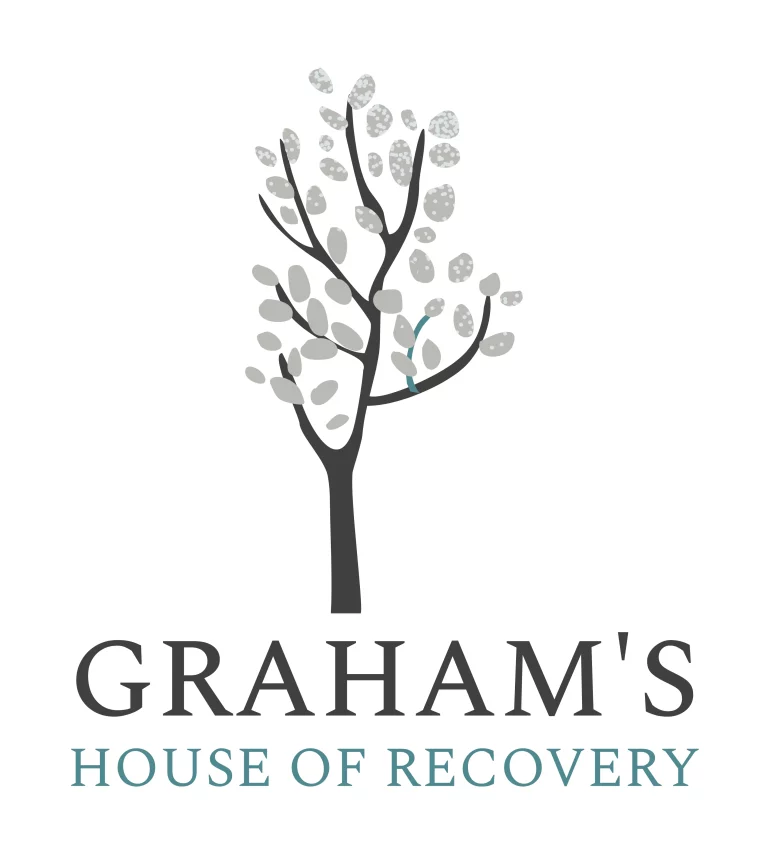A house manager
who checks in with clients living in the house daily.
Requirements or guidelines to produce desired recovery behavior,
but it is largely up to the
individual to stay compliant with these guidelines on their own.
Comradery
The biggest benefit of sober living is the common ground that your new roommates and housemates will share with you. Everyone in the house is going through the same
challenges often at different times. This is a very beneficial form of support for the client.
